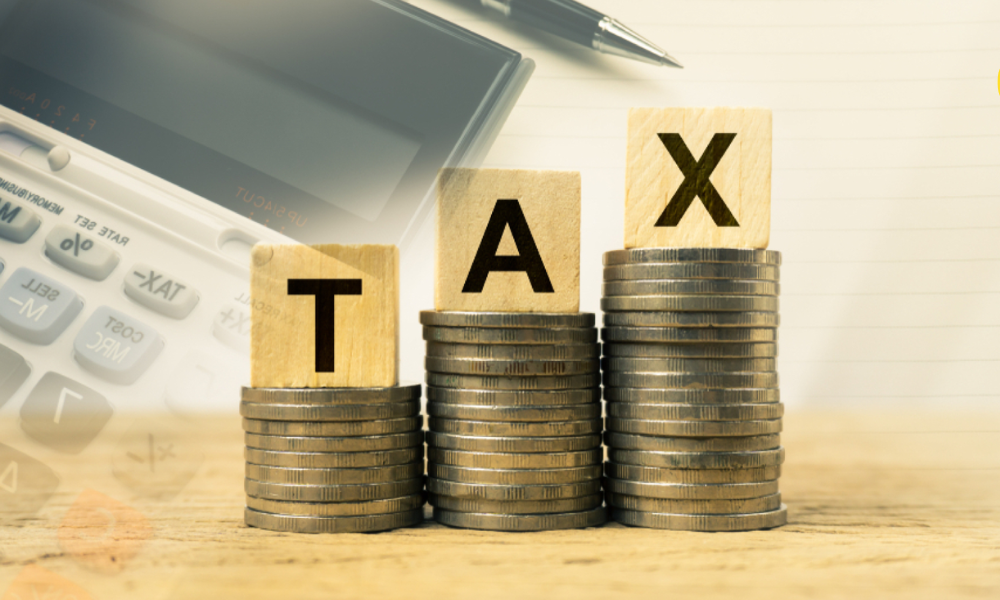On July 29, 2023, the city of Karachi reported that Pakistan has implemented a substantial measure to control the export of dollars and strengthen its foreign exchange reserves. The country has decided to raise taxes on debit and credit card transactions by an astonishing 400 percent.
The national tax revenue agency, known as the Federal Board of Revenue (FBR), made an announcement regarding updates to the Income Tax Ordinance of 2001 through the recent Finance Act of 2023. The changes were outlined in Circular No. 2 of Income Tax issued on July 26, 2023.
The FBR explained that the amendment is targeted at Section 236Y, which was introduced through the Finance Act of 2022. Initially, this section subjected payments to non-residents through debit or credit cards to a withholding tax rate of 1 percent for individuals on the Active Taxpayers List (ATL) and 2 percent for non-ATL individuals.
Also read: FBR Launches Upgraded Tax Filing System IRIS 2.0
According to the FBR, payments to non-resident entities have been contributing significantly to the outflow of foreign exchange from the country, affecting the overall foreign exchange reserves. In an effort to discourage unnecessary outflows and conserve foreign exchange reserves, the FBR has now decided to dramatically increase the withholding tax rates under section 236Y.
As per the recent changes introduced in the Finance Act of 2023, there have been significant increases in the withholding tax rates. For individuals listed on the Active Taxpayers List, the rate has been raised from 1 percent to 5 percent. Meanwhile, for non-ATL individuals, the tax rate has been further increased from 2 percent to 10 percent.
The significant rise in taxes is anticipated to motivate individuals to seek out different ways of making payments and decrease their dependence on debit or credit cards for transactions with non-resident entities. This move by Pakistan is aimed at curbing the outflow of dollars, stabilizing foreign exchange reserves, and ultimately bolstering the country’s financial standing and economy.
The government is confident that implementing this measure will not only tackle the problem of money leaving the country but also encourage people to use authorized channels for dealing with foreign entities. The goal is to boost the adoption of regulated payment methods, leading to greater transparency and improved monitoring of financial transactions in the economy.
However, some concerns have been raised about the potential impact on individuals and businesses, especially those engaged in cross-border transactions. Critics argue that such a significant tax hike could increase the cost of doing business and may deter foreign investments in the country.
As the new tax system comes into operation, the government will carefully observe its effects on the economy and make any necessary changes if needed, aiming to find a middle ground between reducing foreign exchange outflow and ensuring a favorable environment for businesses.
